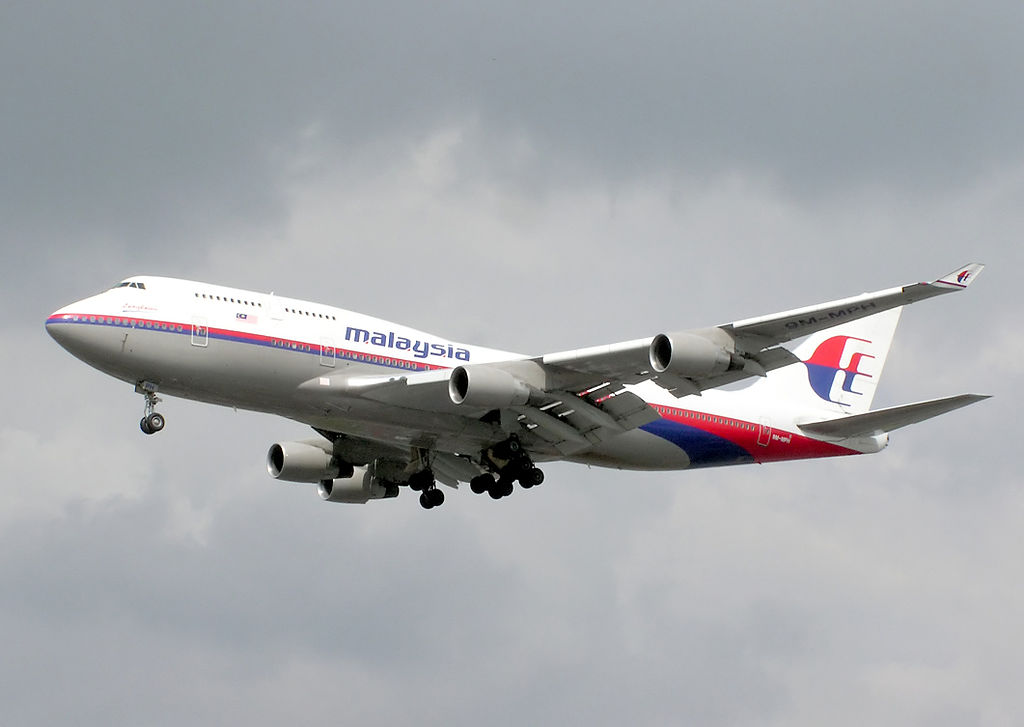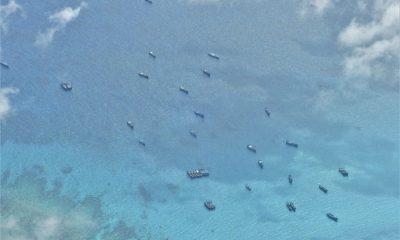Breaking
Answered questions: 4 queries about MH370 finally answered
Travelers at Asian airports have asked questions about the March 8 disappearance of Malaysia Airlines Flight 370 while en route from Kuala Lumpur to Beijing. Here are some of them, followed by answers.
Samuel Rogers, a 20-year-old German on a backpacking trip, in Bangkok and on his way to Malaysia.
He asked: “Why did the Malaysian military see the plane on their radar but not report it immediately?”
A: The Malaysian Air Force’s official line is that its radar operators spotted the plane but didn’t have any reason to suspect it. This is why they didn’t attempt to contact the plane or scramble jets to intercept it. Many aviation and defense experts say there are grounds to doubt this. They speculate the air force failed to spot the unidentified plane entering its airspace, or if it did, didn’t respond to what could potentially have been a national security threat. Admitting that would be a highly embarrassing and sensitive for any air force, and could be the reason for the delay in publicly confirming that the plane did turn back.
—
Aylen Meir, 25, of Munich, Germany, in Bangkok and on her way to Australia to work as an au pair.
She asked: “Why was the transponder switched off?”
A: Investigators have not categorically said the transponder was shut off deliberately, allowing for the possibility that it malfunctioned or was damaged in an explosion or some other incident. But there are strong grounds to think that someone on board did switch it off. The most obvious reason why a pilot would turn off the transponder is to make their plane invisible to commercial radar or other nearby planes. This would be consistent with the actions of someone on board who wanted to make it hard for anyone to track where the plane was headed, and strengthens suspicion of foul play. It would be very rare for a pilot to turn off the transponder in midair, though if it were malfunctioning they might do that.
—
Yip Royal, 29, a Hong Kong man at Tokyo’s Haneda Airport.
He asked whether the families of those who had loved ones on board will be compensated.
A: The Montreal Convention governs the amount of compensation airlines must pay when a passenger is injured or dies aboard an international flight. Currently that amount is around $175,000. Relatives will also be able to file suit in their home countries against Malaysia Airlines. They might also try suing Boeing in their own territories. They may get more money if a court rules that either entity were negligent.
Non-American citizens will find it very difficult to sue either the airline or Boeing in an American court, which could award significantly larger payouts. The Montreal Convention stipulates plaintiffs can file suit in five locations: the domicile and principal place of business of the airline, in this case Malaysia; the end destination; the country where the ticket was purchased, and the place where the passenger lived.
The Montreal Convention’s rules about where suits can be filed apply only to airlines, so relatives could also try to sue the American aircraft manufacturer Boeing in a U.S. court. But federal courts there have tended to dismiss cases in which the crashes took place overseas and the majority of plaintiffs are foreign.
Skander Aissa, who works in the finance industry in Connecticut, at the airport train in Hong Kong. He and his wife were traveling to Taiwan after visiting a friend.
He asked: “Why didn’t they install GPS on the plane?
A: The tracking of airplanes is almost entirely radar based, either commercial or military. Some planes have global position systems to help with navigation but they are not tracked on the ground. Since Flight 370 went missing, many people have asked this question and it is likely that tracking systems will be upgraded to ensure a plane is never “lost” again. However, who will pay for the changes and coordinate their implementation remains under debate.























Vicky Logan
February 24, 2016 at 1:18 AM
Wat if the plane mh370 hit an underwater volcano like the probe did which was searching for it